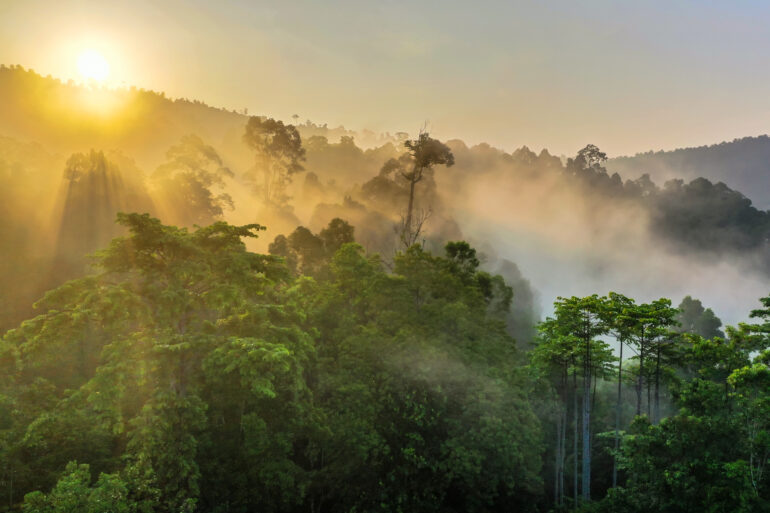Epson commits to sustainability and the environment in partnership with World Wildlife Fund for Nature (WWF) with a three-prong approach.
Multiple corporations are taking steps to contribute to the environment, and Epson is no exception. The business has recently announced a three-year-long international partnership with the global conservation organisation World Wildlife Fund for Nature (WWF) to take tangible steps towards a more circular economy. Aiming to focus on forest restoration and conservation around the world, the collaboration will be the first of its kind in the Japanese electronics and precision instruments sector. The collaboration also aims to further strengthen existing relationships between the two entities that began in March 2022, when they worked on marine conservation in Southeast Asia.
Yasunori Ogawa, global president of Epson, highlights that “The world is facing an environmental catastrophe and it is essential we act now to preserve the biodiversity of our planet before it is too late. This partnership reflects Epson’s commitment to conserving the environment, reducing waste, and ensuring that the use of natural resources is sustainable. With a goal of realising a future in which people can live in harmony with nature, the WWF is a perfect fit for Epson.”
There are three main aims of this partnership. Firstly, it is to address Epson’s environmental footprint. Secondly, it is to help support WWF’s forest restoration and conservation projects located in seven countries across four regions. Last but not least, they also aim to facilitate increased communication about environmental issues.
Epson’s environmental vision.
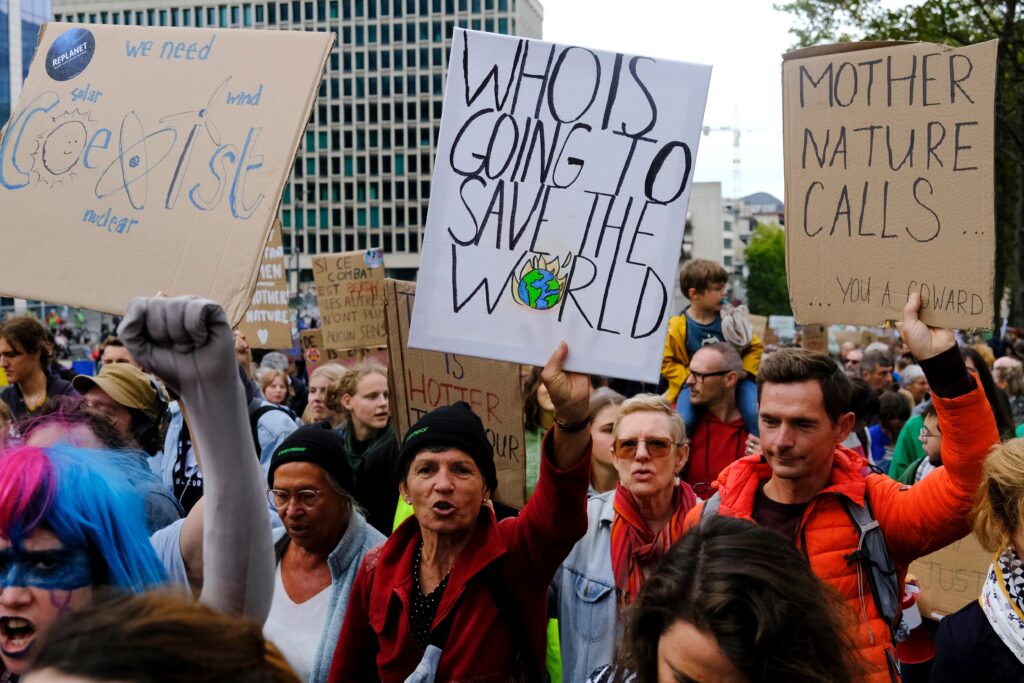
Epson announced its Environmental Vision in 2021, where they vowed to become carbon negative and eliminate the usage of non-renewable underground resources by 2050. Since then, they’ve attempted to do so by working with like-minded partners like WWF. A series of initiatives have also been rolled out, dealing with a range of issues like decarbonisation, closing the resource loop, and many more.
This isn’t a goal that is unique to Epson either. Recent discussions involving global bodies like the 27th Conference of the Parties to the United Nations Framework Convention on Climate Change (COP27), or the UN Biodiversity Conference (COP15), have proven that the protection and responsible management of forest ecosystems have become a priority worldwide.
forest conservation efforts by WWF-Japan.
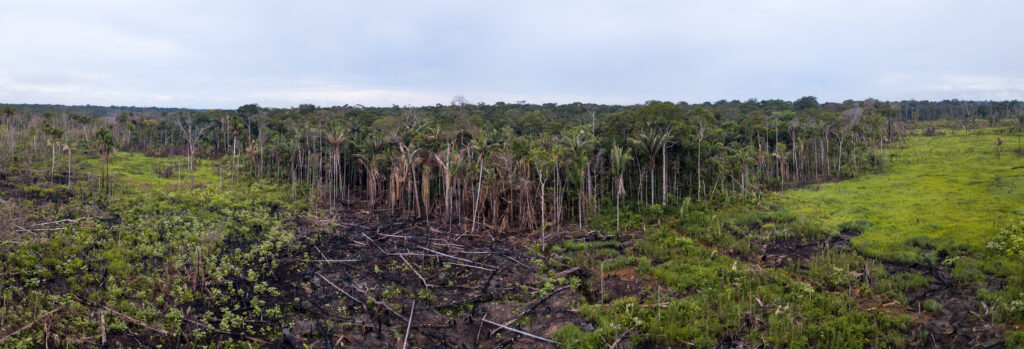
Various efforts have been implemented by WWF-Japan in order to conserve forest ecosystems. They specifically target areas of deforestation like Southeast Asia and South America, in hopes of shifting to the sustainable production of agricultural, forestry and livestock products – all leading drivers of deforestation. In turn, they also hope to promote sustainable consumption in Japan, which is a significant consumer country. Some of the tangible steps taken involve working to conserve rare tropical forests and peat swamps, to helping improve the livelihoods of small-scale farmers, especially in the Southeast Asia Mekong region.
tangible steps are being planned by Epson and WWF.

240 million Japanese Yen (2.38 million SGD!) will be contributed by Epson over the next three years – starting from this month (March 2023) – to go towards WWF forestry projects. Together, with their participation in the various programs, the two organisations are committed to saving threatened forests in vital landscapes. This will be accomplished through a three-prong approach: creating awareness on “Deforestation Fronts”, WWF’s Forests Forward program, and efforts towards the cultivation of a circular economy.
Deforestation Front.
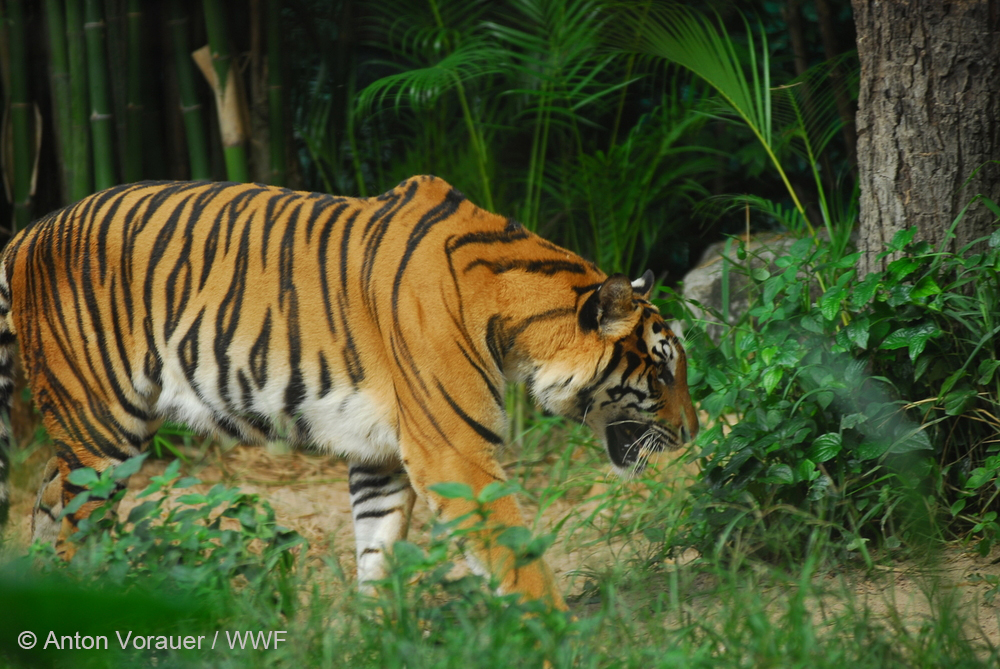
While worldwide efforts to halt deforestation and forest degradation have seen progress, both continue at alarming rates. According to a WWF report, 43 million hectares of forest were lost in “deforestation fronts” in 24 countries between 2004 and 2017, which is especially concerning since rainforests are considered Earth’s oldest living ecosystems, with some surviving in their present form for at least 70 million years.
The pace and magnitude of deforestation and forest degradation have changed over time, and the demands of a multitude of industries today have certainly contributed to this. The matter is exceedingly complicated too, considering the effects that they have on rainforests can vary widely across regions.
This is why efforts have been made by WWF to publicise and inform the public about the nuanced topic. A comprehensive analysis of deforestation connecting drivers and responses globally has been published, taking a closer look at 24 “deforestation fronts” – places that have a significant concentration of deforestation hotspots and where large areas of remaining forests are under threat.
Forests Forward.
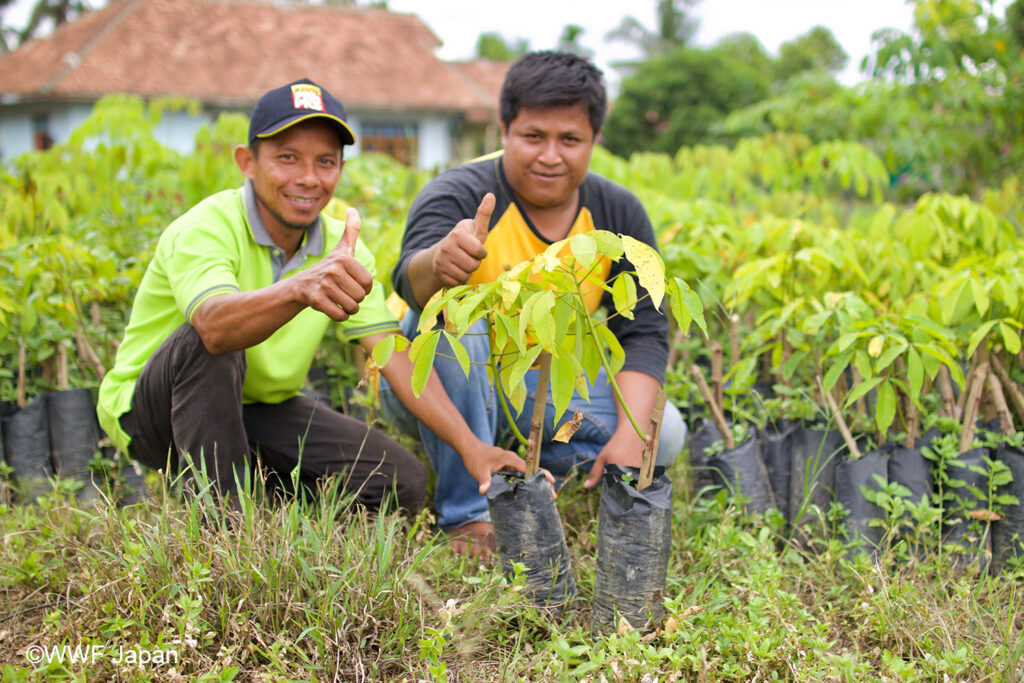
Epson will also help support and improve sustainability in its supply chain as part of WWF’s Forests Forward program. The aforementioned hopes to engage businesses, local communities and other key stakeholders in a variety of matters like changing forest valuation, management, protection, and recovery methods to benefit nature, people, and the climate.
Action will be taken in three main areas: improving forest and plantation management like credible forest certification, helping to shift towards responsible sourcing in the market, and also allowing for forest-based interventions and investments in order to better protect and recover biodiversity.
Circular Economy.

A circular economy is essential for a sustainable future, considering how it recycles limited resources and instead continues to use them to help eliminate waste. This is in direct contrast to one-way businesses that are based on traditional methods of mass production and disposal, which are largely responsible for the waste we can find today.
So in order to realise a nature-positive world together, both Epson and WWF hope to promote the responsible usage of forest resources in business, as well as ensure the conservation of freshwater ecosystems and activities. From the initial development stage, products and services by Epson are created to keep the minimisation of the use and disposal of new resources in mind.
a hopeful future.
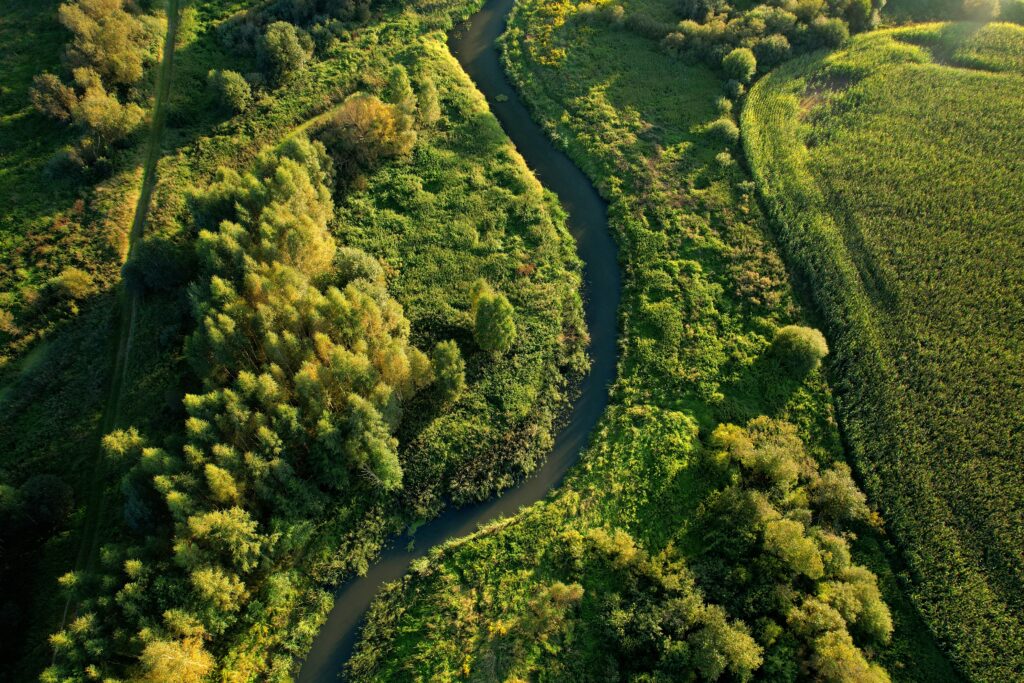
Considering that the main threats to rainforests are mostly man-made, the attention directed towards its conservation and restoration is not unwarranted. From the agriculture industry clearing land for crops to the logging industry clearing forests for timber, humans have played a huge role in damaging the Earth. And this is just scratching the surface: many competing industries value the importance of rainforest trees and space over the biodiversity it contains, as mentioned. This is why Epson’s commitment to the environment and rally for urgent transformative change is a hopeful one, that will hopefully pave the way for much change.
Like this article? Check out Epson’s new EcoTank Printers and Home Projectors that bring your vision to life or Epson’s new WorkForce Enterprise business inkjet printers.

